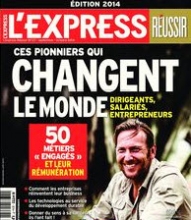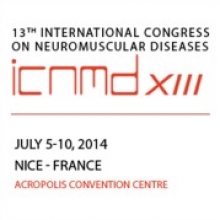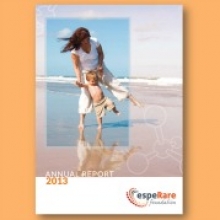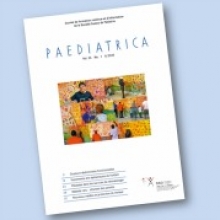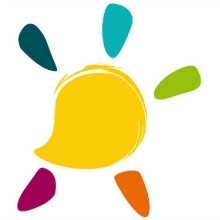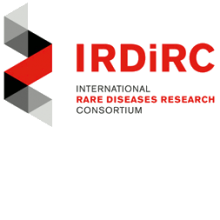EspeRare is exploring the therapeutic potential of cilengitide in Focal Segmental Glomerulosclerosis with the University of Bristol, UK. Cilengitide is an investigational compound developed by Merck Serono, the biopharmaceutical division of Merck.
Focal Segmental Glomerulosclerosis (FSGS) is a rare disease that causes impair renal function due to scaring of glomeruli (structures within the kidneys composed of capillary blood vessels actively involved in filtering harmful substances out of the blood). The underlying disease mechanism involves the alteration of cells called podocytes within those glomeruli. Published scientific data suggests that the inhibition of αvβ3 integrin could potentially modulate the pathologic processes characterized by inappropriate motility of podocytes in this rare renal disease.
EspeRare has initiated a collaboration with Professor Moin Saleem at University of Bristol to test the ability of cilengitide, a αvβ3 integrin inhibitor, to activate the motility of podocytes in several FSGS experimental models. If demonstrated, such effect could potentially translate into a reduced or halted decline of renal function and progression to end stage kidney disease in humans. In that context, cilengitide represents an attractive investigational candidate for a potential future therapy for FSGS patients.
This first assessment of the therapeutic potential of cilengitide in non clinical models of Focal Segmental Glomerulosclerosis is set to be completed by the end of 2014, and is co-funded by Merck Serono.
About Cilengitide
Cilengitide is an investigational compound developed by Merck Serono. The small molecule is a potential first in a class of αvβ3 integrin inhibitor that was in clinical development in oncology until Phase III. The development of this drug candidate was halted in 2013.
Merck Serono has also previously provided support to EspeRare in the development of another of its investigational products, Rimeporide, in the deadly pediatric disease Duchenne Muscular Dystrophy, through initial fund donation, and transfer of compound rights to EspeRare. This joint project is still ongoing.
About Focal Segmental Glomerulosclerosis (FSGS)
FSGS is a rare form of a nephrotic syndrome that affects both children and adults with peaks at 6-8 and 20-30 years of age, respectively. The life expectancy of a 10 year-old child on hemodialysis due to end stage kidney disease is dramatically reduced.
The cause of FSGS is unknown. The disease effects a specific part of the kidney called glomeruli. The role of the glomeruli is to filter soluble waste such as by-products of cellular metabolism from the blood, the first step to form urine. When barriers in this filter are damaged, proteins begin to leak into the urine and over time cause kidney failure. The diagnosis of FSGS is based on the presence of proteinuria, possibly signs and symptoms secondary to proteinuria (oedema), and histologic examination of kidney biopsy.The disease burden is tremendous to patients with this lifelong chronic disease; particularly it requires management of dialysis and in some cases transplantation. Currently, there is unfortunately no cure for this debilitating disease.
About Professor Moin Saleem, University of Bristol
Professor Moin Saleem, Professor of Paediatric Renal Medicine, at University of Bristol, School of Clinical Sciences, is a world renowned expert in glomerular diseases and particularly the nephrotic syndromes. He is a pioneer in the field of podocyte biology and originated the gold standard of a conditionally immortalised human podocyte cell line, now in use worldwide in academia and industry. In 2007 he was awarded a Medical Research Council grant to set up the UK renal rare disease registry (www.renalradar.org), which has grown into a national strategy adopted by the UK Renal Association.






